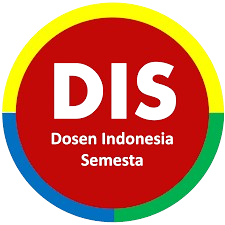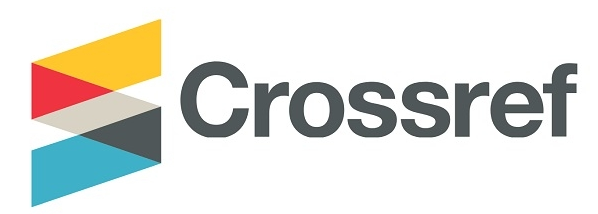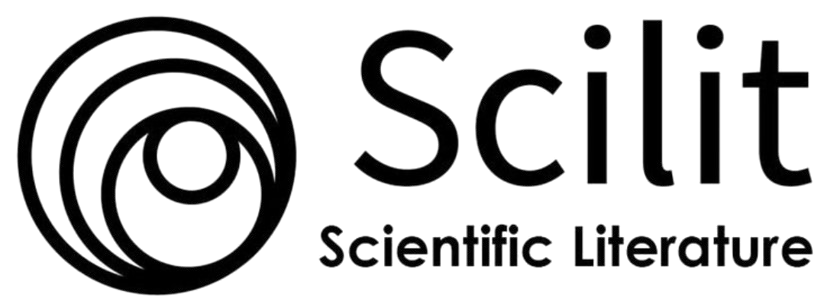A Descriptive Study On Questioning Skill In Past Tense Of The Seventh Grade Students At SMP NU Al-Amnan Bangorejo
DOI:
https://doi.org/10.36526/ln.v3i1.1377Keywords:
Mobile Legends; VocabularyAbstract
The design of this research was descriptive quantitative study. The researcher used reading test as the instrument to get the research data. Population of the research was taken from the seventh grade students of SMP NU Al-Amnan Bangorejo 2015/2016 Academic Year, because there is only one class of the seventh grader. Based on the result of the test, the percentage score of the seventh grade students at SMP NU Al-Amnan Bangorejo are 60% students categorized as poor, 36% students categorized as good and 4% student categorized as excellent. One student who got the perfect score test had no difficulty in making interrogative sentences both using Verb2 and Tobe2. Nine students who got the good category in percentage of students reading test score having problems on the using Tobe2 (was and were) and have to add (–ed) in regular verb form and no (-ed) in irregular verb form. The rest of the 15 students who got poor category, facing problems on making interrogative sentences use Verb2 and Tobe2. Moreover, based on the researcher observation during the test, the rest 15 students did not do the tests independently.
References
Brunner, Judy Tilton. 2011. I don’t Get It: Helping Students Understand What They Read. Maryland: Rawman & Littlefiled Publisher, Inc.
Critelli, A. & Tritapoe, B. 2010. Effective Questioning Techniques to Increase Class Participation. Journal of Student Research, 2 (1): 1-7.
Ebrahimi, N.A. & Rahimi, A. 2013. Towards a more Efficient EFL Reading Comprehension Classroom Environment: The Role of Content and Critical Reading. Journal of Language Appplied Studies, 2 (7): 1-15.
Frajzyngier, Z. 1985. Interrogative Sentences in Chadic: Reconstruction and Explanation. Journal of West African Languages, 15 (1): 57-72.
Hyman, Ronald T. 2008. Questioning for Improved Reading. Journal of Education, 307- 309.
Jackie F.K, Lee. 2012. Teaching Hong Kong L2 Learners WH-Questions Using a Learning Study Approach. The Journal of Asia TEFL, 9 (1):171-197.
Mc Kenna & Michael, C. 2002. Help for Struggling Readers: Strategies for Grades 3-8. New York: The Guilford Press.
Mikulecky, Beatrice S. 2011. A Short Course in Teaching Reading, (2nd Ed.). New York: Longman Publishing.
Riyanto, S. 2003. Gateway: English for Active Communication. Yogyakarta: Pustaka Pelajar.
Setto, Theodorus, 2013. A Descriptive Study on the Use of Short Story to Develop Reading Skills. Unpublished thesis. Banyuwangi: University PGRI Banyuwangi.
Sugiyono. 2011. Metode Penelitian Kuantitatif, Kualitatif dan R&D. Bandung: Alfabeta. Terenjo T. Lourentine. Et al. 2012. A Study on the English Teachers’ Implementation of Questioning Skill. Unpublished thesis. Pontianak: Tanjungpura University.
Thanky, P. 2014. The Importance of English and Communication Skills for Technical Professional. International Journal of Scientific Research, 3 (4): 211-212.
Tim Penyusun. 2014. Pedoman Penulisan Ilmiah Proposal dan Skripsi. Banyuwangi: Universitas PGRI Banyuwangi.
Wyatt, M. 2012. Issues in Supporting the Teaching of Reading in English as a Second Language to Arabic-Speaking Children. Journal of English Language and Linguistics, 12 (2): 146-162.
Downloads
Published
How to Cite
Issue
Section
License
This work is licensed under a Creative Commons Attribution-ShareAlike 4.0 International License.


















